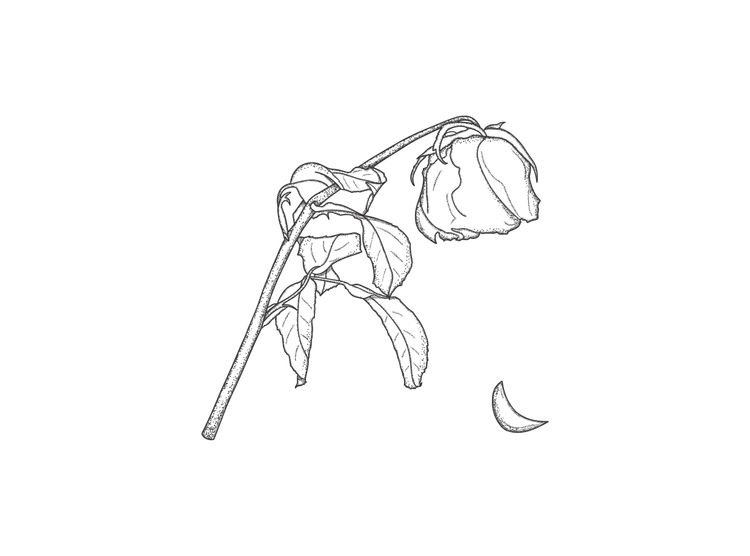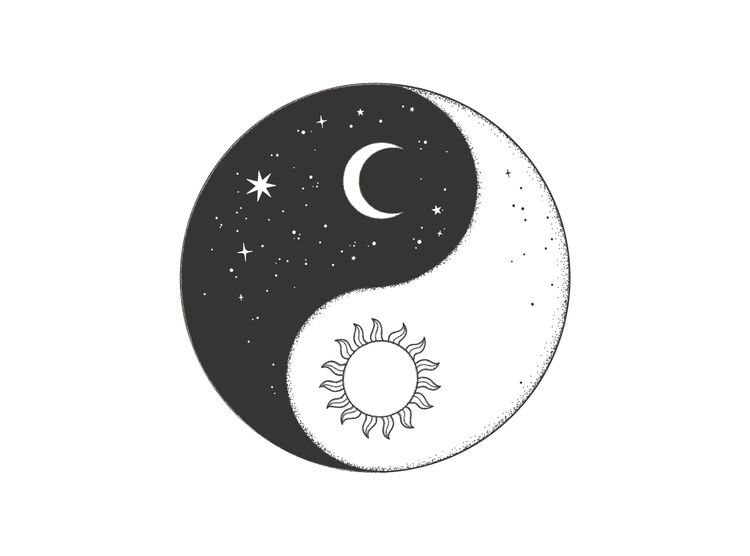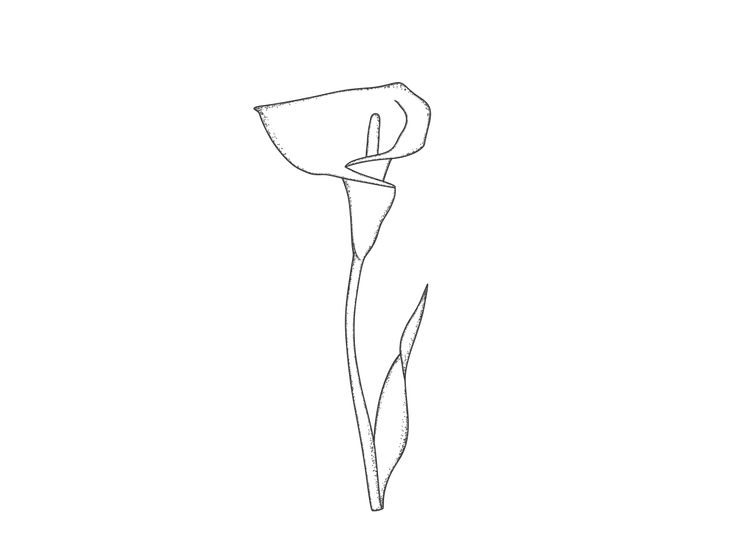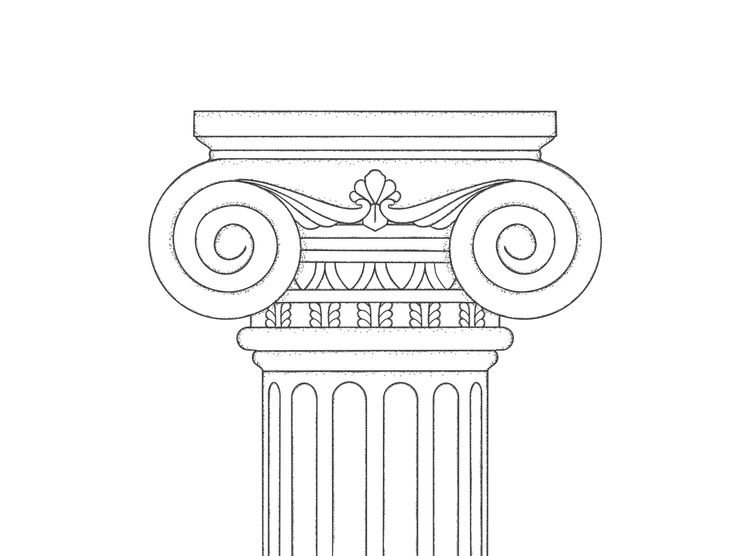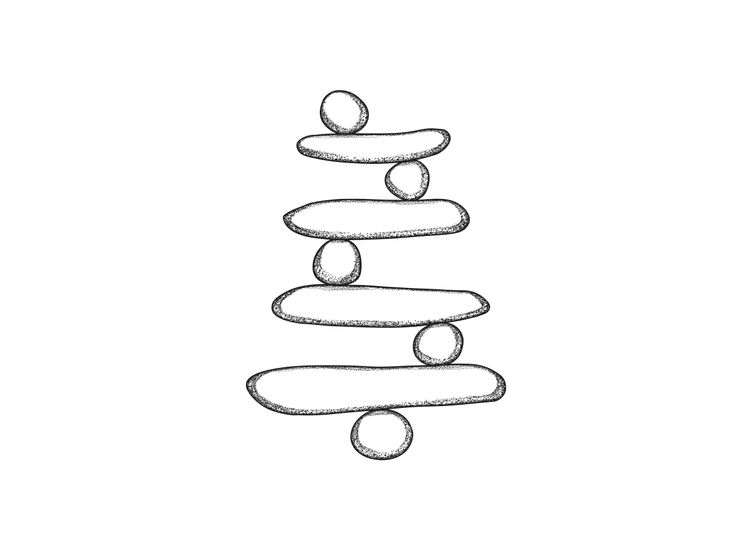Innocence
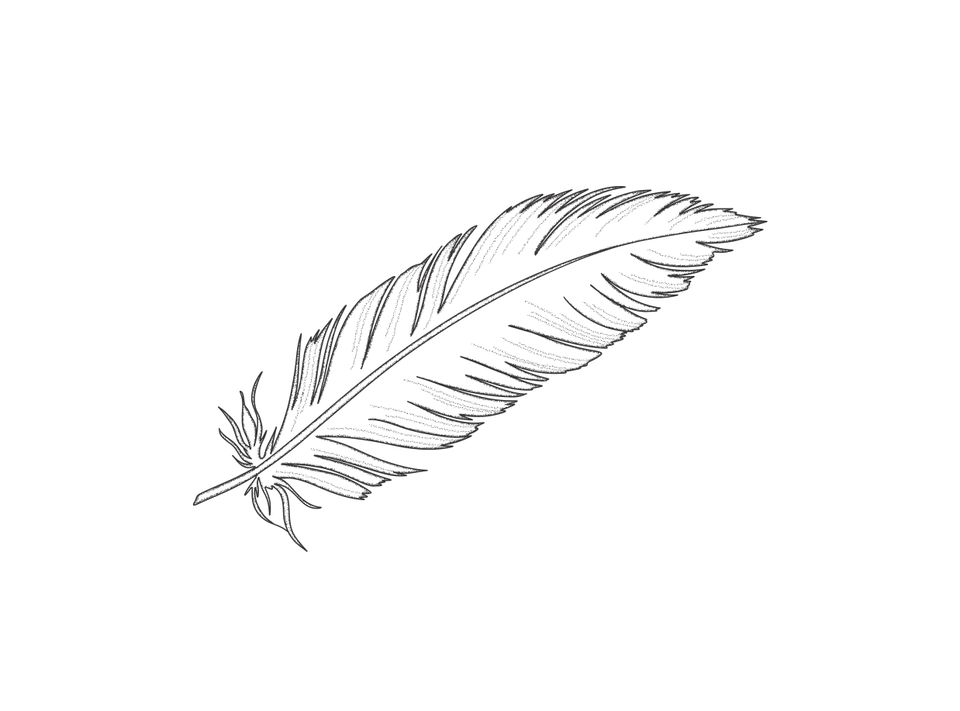
For KC.
Before loss
Before betrayal
Before shame
I had a guinea pig.
It died one day
And broke my heart
For the first time.
You buried it in the garden
Underneath the trees.
Later, you too broke my heart and I
Found my own place, in the earth.
It is safer now and with my heart's return
I sometimes meet my innocence again,
Playing in the garden, on the swing.
Was it you who held my hand as we
Stood above that tiny grave
Underneath the trees?
It takes a very long time to become young.
- Pablo Picasso
It seems incredible to me that we are born the way we are—guileless, unguarded and trusting. The world is brutal. It is full of violence and harm and abuse. How is is that we begin life equipped with hearts of innocence?
It seems incredible to me that any of us can keep the channel open to the innocence inside us when the world breaks our hearts, over and over. And yet, I will live no other way. The world is also full of beauty and joy and love, and I want my heart to feel it. How can I truly know joy without also knowing pain and suffering?
For a long time, I armored myself against the world. I sealed off my heart, underground. I numbed myself to my pain. In recovery, I have found my heart again. It breaks again with the sorrows of the world. But I also feel joy and love, and this heals my wounds.
I have learned that the little boy in me who stood above that tiny grave with my father does not belong in the world—at least, not without an adult guardian. There are people who would hurt him, who cause others harm because they have not taken care of the pain and suffering in them. There are people who have manifested the cruelty that lives inside every one of us, attached eternally to our compassionate nature as its dark shadow. There are people who take pleasure from inflicting pain.
But that little boy can live safely inside me, as a part of me. He is there right now, alongside my angry and protective teenager, who is ready to hit you in the mouth if you threaten my little boy harm. (Yep, another part of me that needs adult supervision 😉.) We get to hang out together, as a family—the broken alcoholic in me too. Every part is welcome, including those I have yet to discover. We take care of each other. And sometimes—when I'm looking at the tiny, delicate miracle of moss or the undersides of leaves—I become that little boy again, full of wonder, underneath the trees.
He stood at the window of the empty café and watched the activities in the square and he said that it was good that God kept the truths of life from the young as they were starting out or else they'd have no heart to start at all.
Cormac McCarthy, All the Pretty Horses, 1992.
"When cynicism becomes the default language, playfulness and invention become impossible," writes Caitlin Moran in How to Build a Girl.*
Cynicism scours through a culture like bleach, wiping out millions of small, seedling ideas. Cynicism means your automatic answer becomes “No.” Cynicism means you presume everything will end in disappointment.
And this is, ultimately, why anyone becomes cynical. Because they are scared of disappointment. Because they are scared someone will take advantage of them. Because they are fearful their innocence will be used against them — that when they run around gleefully trying to cram the whole world in their mouth, someone will try to poison them.
"Cynicism is, ultimately, fear, " writes Moran.
Cynicism makes contact with your skin, and a thick black carapace begins to grow—like insect armor. This armor will protect your heart from disappointment—but it leaves you almost unable to walk. You cannot dance in this armor. Cynicism keeps you pinned to the spot, in the same posture, forever.
Some of you have been asking whether the poems that have started appearing at the beginning of this newsletter are mine. Yes! They are all me. I have sensed that my "tiny essays" have wanted to become tiny poems for a while now. Some of them I wrote as poems, and then made into prose. Others I wrote as prose, then made into poems.
I have been secretly going back to past issues and making the words what they wanted to be in the first place. Here is Sadness. And if you scroll down the page to the bottom of Ritual, you now find a poem there too. I think it actually wants to be at the top of the page. Maybe I'll go back and make the change.
I think it was the expert part of me—the Oxford scholar who studied "great literature"—who didn't want you to see my poems 😂. I think he was ashamed of them, or felt they had to meet some kind of critical standard to see the light of day. What a strange creature I am!
I appreciate my expert. He helps me a lot, but not here. I write these newsletters because they are the words I have in me. They come to me and I write them down. I don't even feel like their author, although they are an expression of me. I am a channel, and it makes me feel good that the channel is becoming more open and more clear. If the words that flow through me tell me they need to be poems, then that is what they will be.
Each week I explore a word that has touched me in my coaching. Subscribe to get my newsletter every Sunday morning. You can also follow me on Medium, or on LinkedIn. Feel free to forward this to a friend, colleague, or loved one, or anyone you think might benefit from reading it.
*Many thanks to the brilliant curator Maria Popova, for pointing me to this passage.

